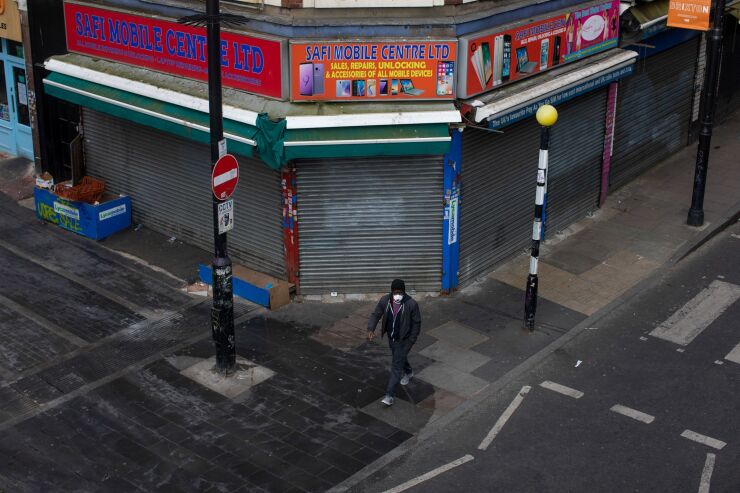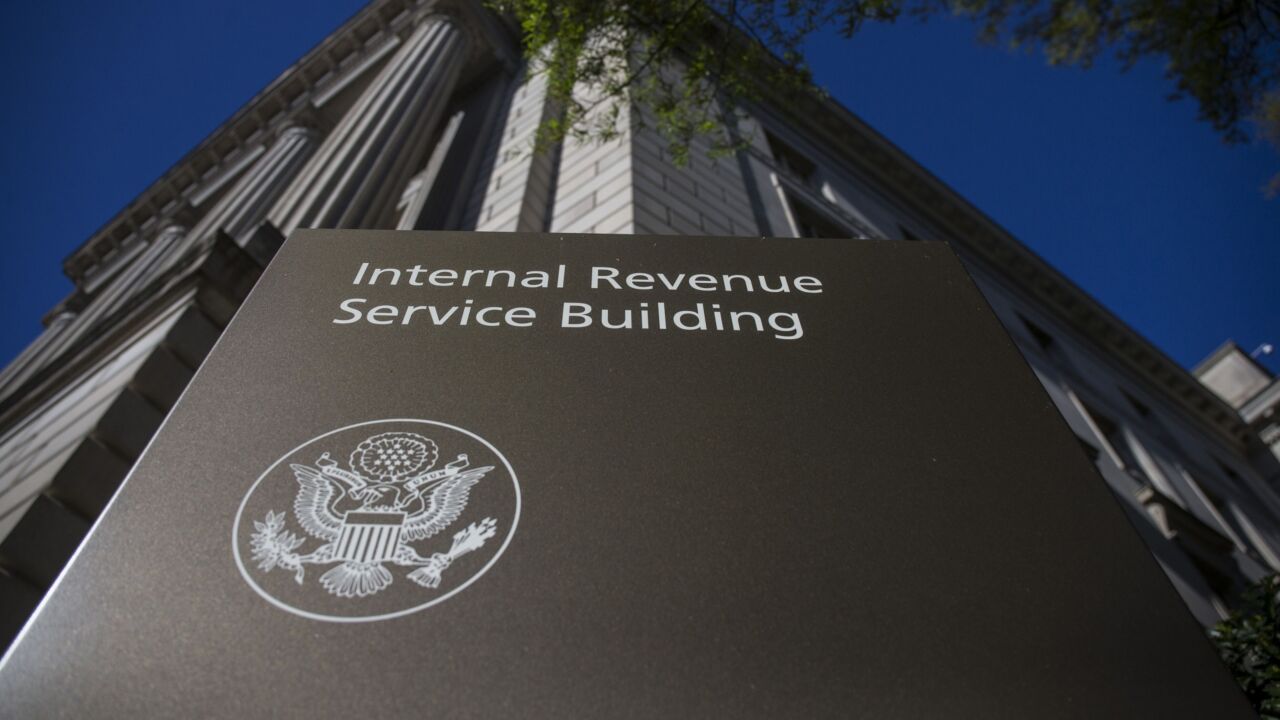Receiving Wide Coverage ...
No problem program
More than 110,000 small businesses in the U.K. on Monday applied for low-cost government-guaranteed “bounce back” loans. “Banks providing the loans said they had approved the vast majority of applications and said the money would arrive in bank accounts as early as Tuesday,” the Financial Times reported. “
The program “offers loans of between £2,000 and £50,000. They carry interest of just 2.5% and applicants fill out only a short online application form. Companies of any size can borrow up to 25% of their annual turnover. The government will cover interest and fees for the first year, after which repayment begins. Should businesses default, the taxpayer would foot the bill.”

On Monday the Bank of England said banks can exclude the loans from leverage rules, “
French warning
BNP Paribas, France’s largest bank by assets, said its first quarter net profit fell 33% as revenue dipped by 2%. It “warned net profit for 2020 might fall by 15% to 20% as a result of the health crisis. It set aside €657 million to cover bad loans, raising its total provision to €1.43 billion.”
Wall Street Journal
Score one for Davids
“After years of watching big banks gobble up deposits using their slick digital apps and sprawling branch networks, community banks are flipping the script and demonstrating the value of ties to local businesses,” the Journal reports. “Banks with under $10 billion in assets
“While big banks favored certain customers, including big publicly traded ones, many community banks took all comers, hoping to sow loyalty and pick up some business. Large banks put off taking applications for days until they had an online portal up-and-running; community bankers worked out of home offices and lightly trafficked branches to process loans immediately.”
No soup for you
Student loan borrowers whose debt is held by banks, credit unions or other private entities are being left out of a government program that enables borrowers to suspend their payments for six months, interest free.
“Many borrowers have been shocked to learn their loans aren’t covered,” the Journal said. “Most frustrating to them is they had no say in which federal program they used—that decision was made by their colleges and universities. Of the federal program’s 43 million borrowers, about 7 million have loans that are ineligible for relief. A vestige of a guaranteed-loan program that Congress ended in 2010, they owe $170 billion out of $1.5 trillion in all federal student debt.”
Financial Times
Direct voting
Eight big financial services companies, including JPMorgan Chase, HSBC and Deutsche Bank,
Elsewhere
Pullback
“Loan officers at U.S. banks reported
Quotable
“[Our] bank personnel is so connected to those clients that it went





